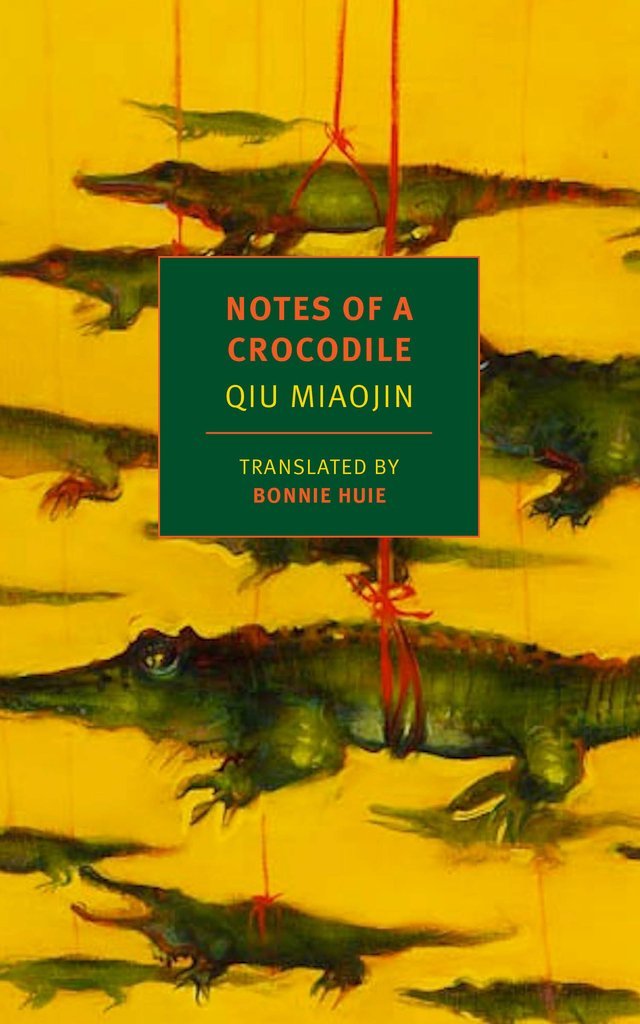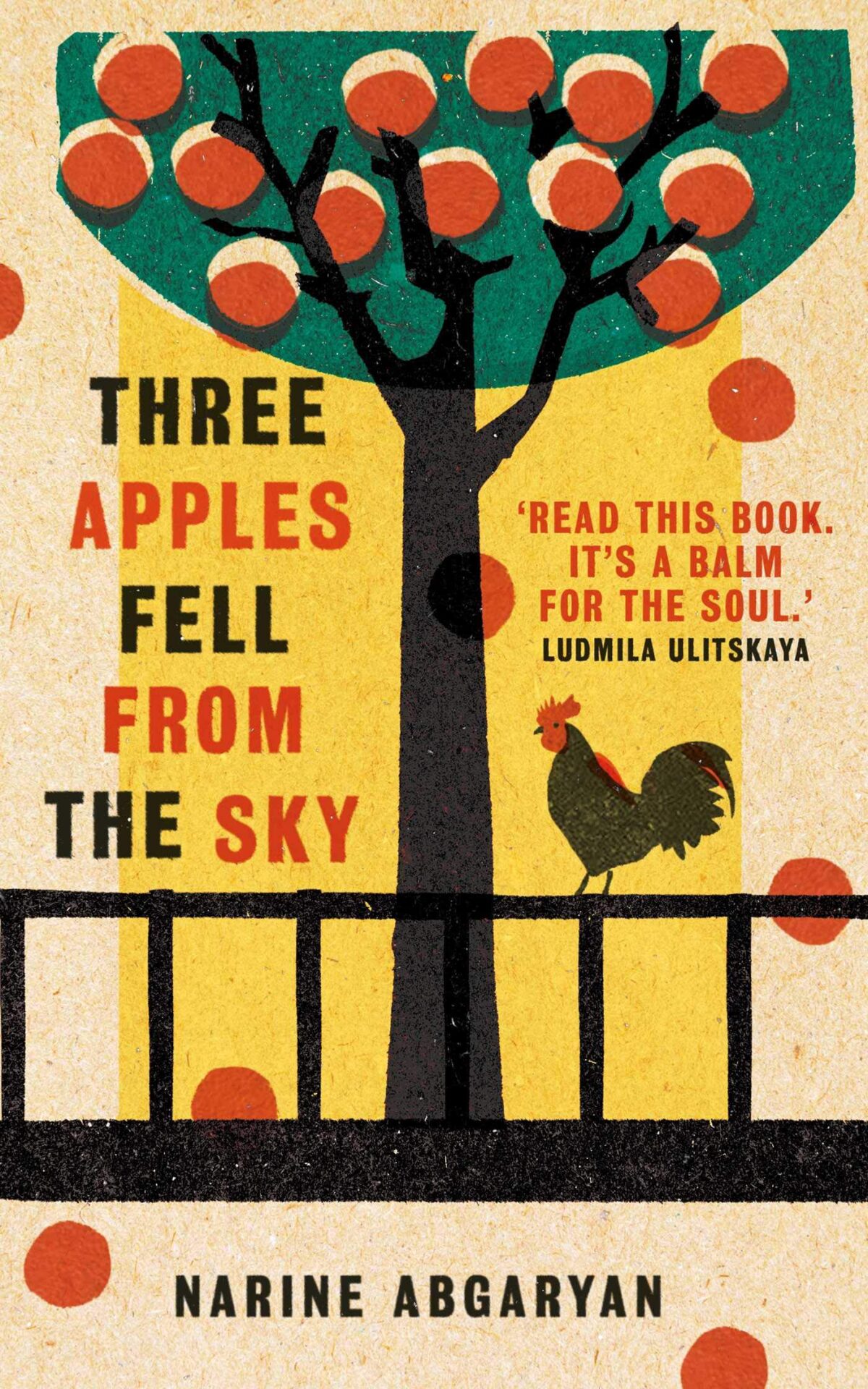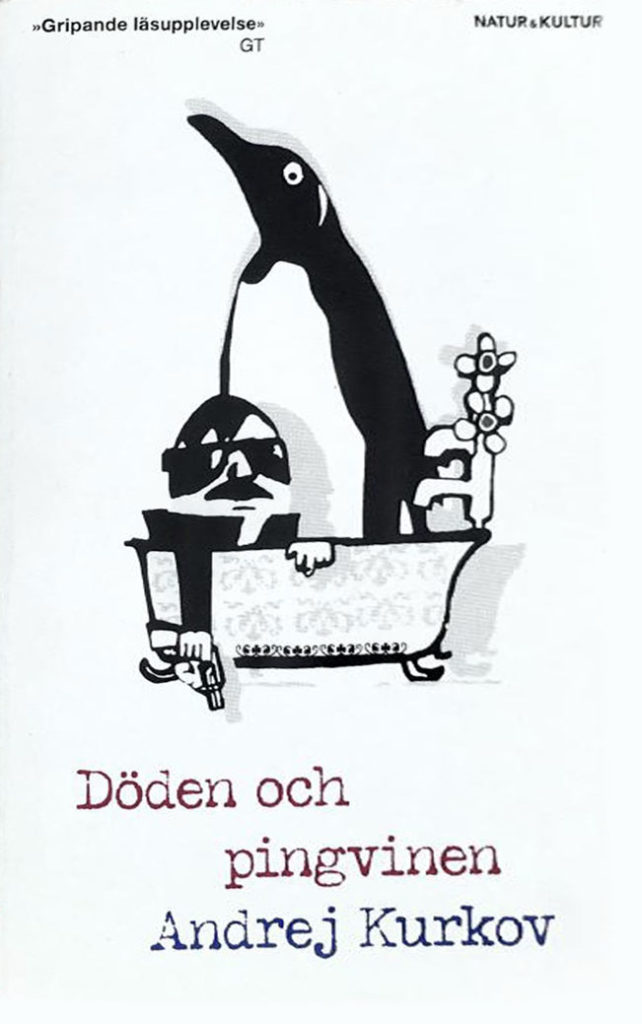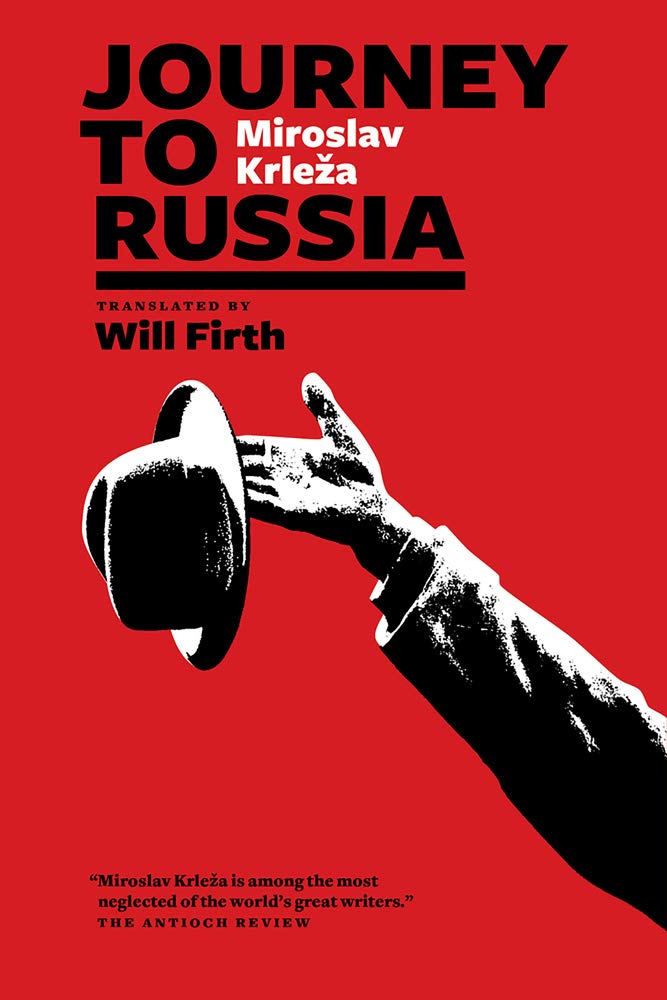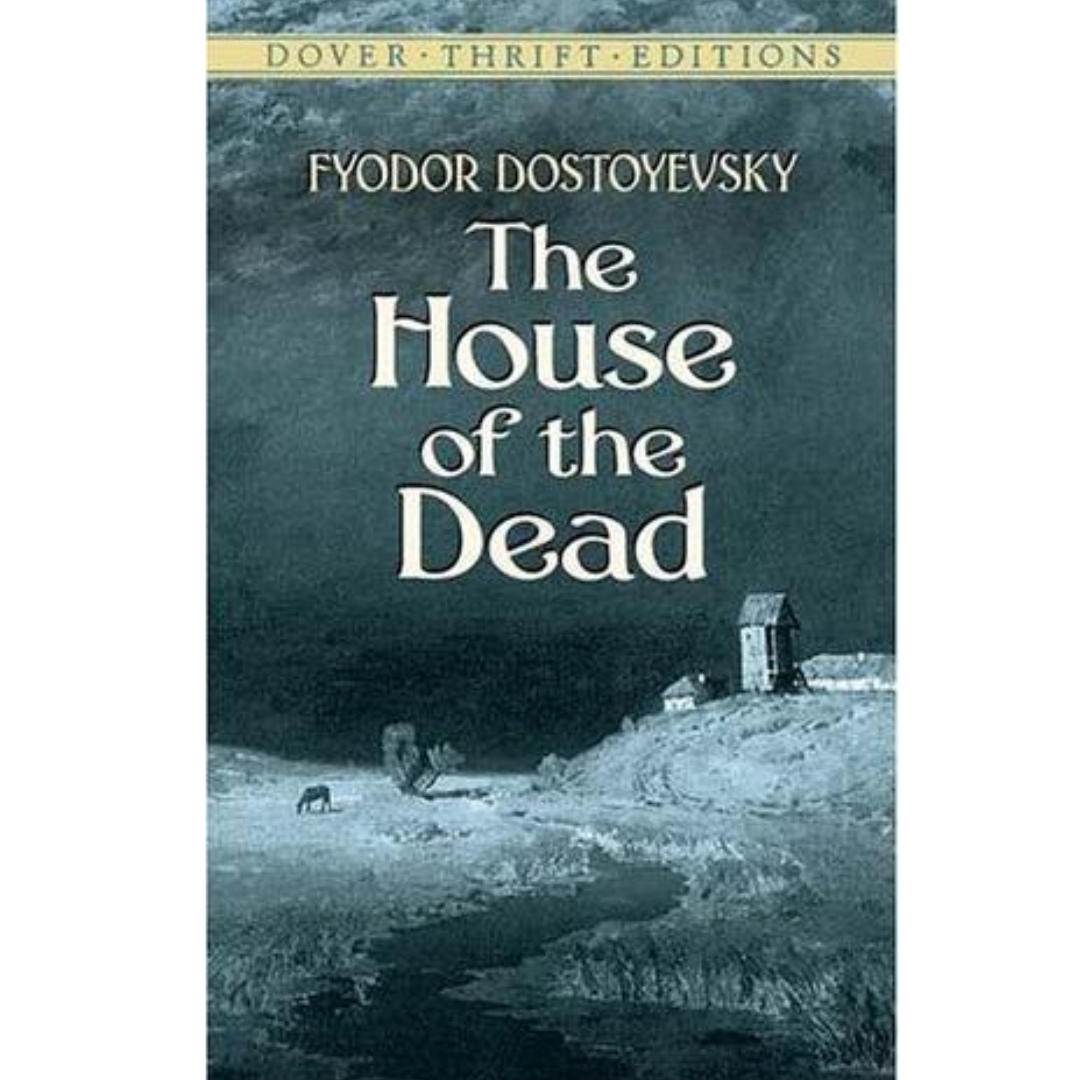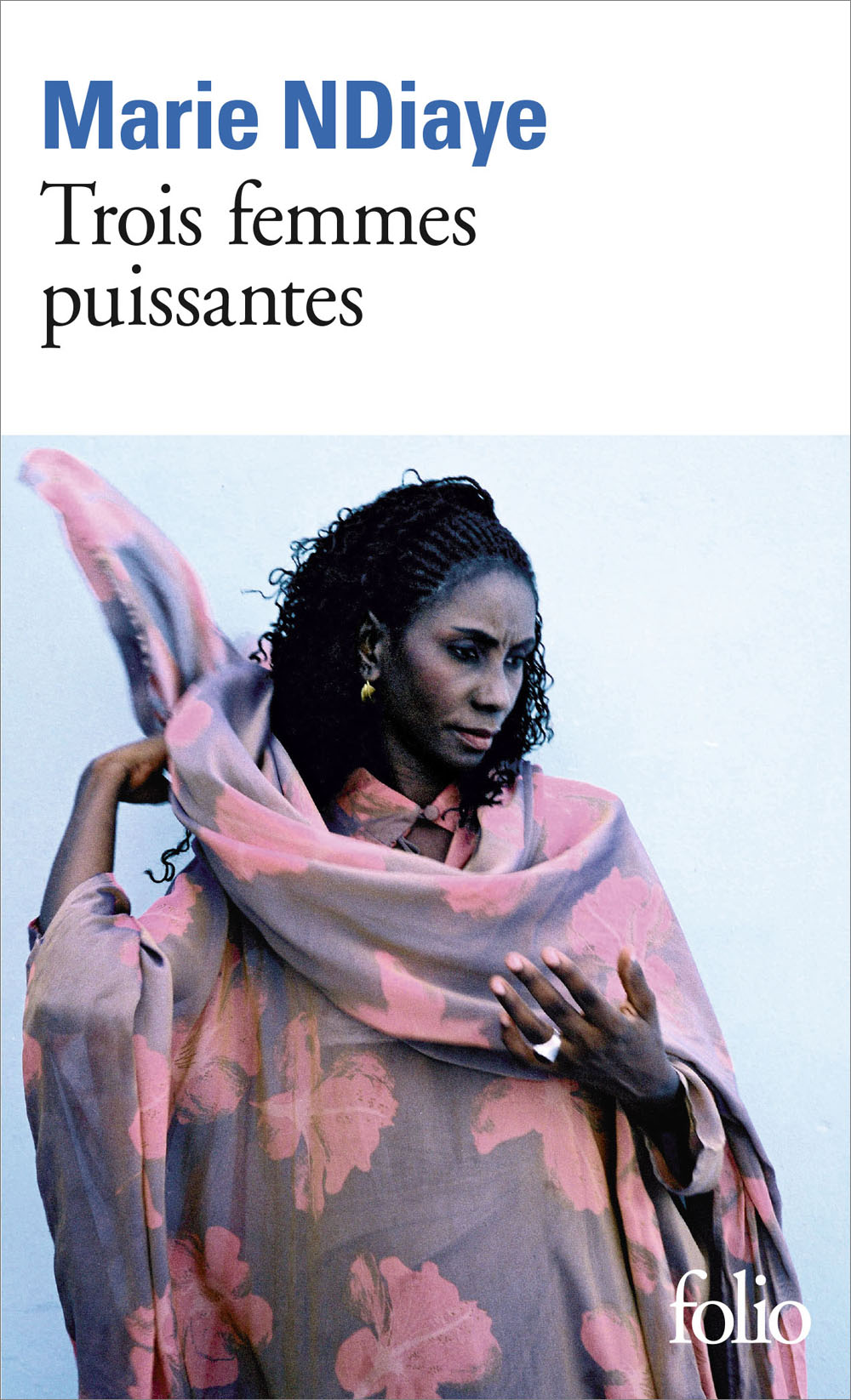This was the other book I bought on vacation in Zagreb, along with Journey to Russia. Danilo Kiš was born in what is now Serbia, rather than Croatia, but nationstates are a fiction so why bother splitting that many hairs. I enjoyed Krleža’s journalism but still had an itch for something literary. The Encyclopedia of the Dead fit the bill perfectly. It might be a slim little collection, but it still packs a punch. Short stories are, in my opinion, the most difficult literary form. I’m probably more impressed by a really good short story than by a really good novel, at least from a technical perspective, because in my opinion they’re so much harder to write.
According to Wikipedia, The Encyclopedia of the Dead initially received mixed reviews, but to my mind the stories in here are all fantastic examples of the form: not a single word wasted or out of place. The only uninteresting one for me was “The Legend of the Sleepers”; as a retelling of an early Christian myth I’d never heard of before, it wasn’t anything I could delight in recognizing. Everything else covers a wide ground of social, historical, political impact: religious schisms, personal betrayals, conspiracy theories, doomed love affairs.
Easily a permanent addition to my library. A digital copy is available to borrow in the Internet Archive for the curious. If I had to pick just one story to recommend, it would be the title story, “The Encyclopedia of the Dead (A Whole Life).” It simultaneously has a spooky, dreamlike quality (an actual encyclopedia of the dead like the one in the story would be, of course, impossible to assemble in real life) and a laser-like focus on the small, tangible details that make up someone’s life. It’s the Serbian literary equivalent of a Twilight Zone episode. Beyond that, “Simon Magus” struck me immediately, perhaps because I saw so many parallels with Lagerkvist’s Barabbas (one of my all-time favorite novels). And finally, “The Book of Kings and Fools” is simultaneously of its time and timely, still speaking to our concerns about truth, factuality, scapegoating and authoritarianism.
The new Penguin edition that I bought is still the first English translation by rockstar in the community and founder of the PEN Translation Fund, Michael Henry Heim. Why mess with perfection?


